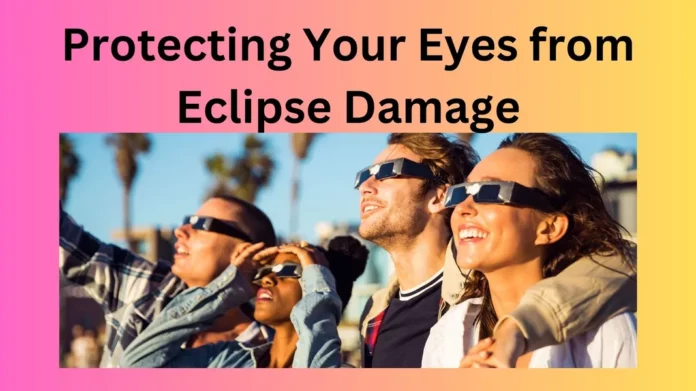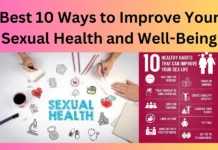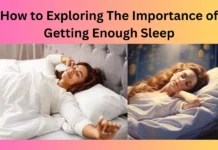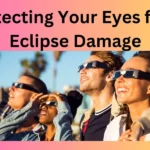Have you ever marveled at the breathtaking sight of a solar eclipse? The celestial event where the moon partially or completely blocks the sun can be a mesmerizing experience. However, what many people don’t realize is that staring directly at an eclipse can cause serious damage to your eyes. In this article, we’ll delve into why your eyes are vulnerable during an eclipse and how you can protect them from harm.
Understanding the Risks
During a solar eclipse, the sun emits harmful ultraviolet (UV) radiation that can damage the cells in your eyes. When you look directly at the sun, even for a short period, this intense light can cause permanent retinal damage. The retina is the light-sensitive tissue at the back of your eye responsible for transmitting visual information to your brain. Once damaged, the cells in the retina cannot regenerate, leading to permanent vision loss.
The Danger of Unprotected Viewing
Despite the warnings, many people are tempted to glance at a solar eclipse without adequate eye protection. This momentary lapse in judgment can have devastating consequences. Even a few seconds of unprotected viewing can result in solar retinopathy, a condition characterized by blurred vision, blind spots, and in severe cases, permanent blindness.
Symptoms of Eclipse Eye Damage
How do you know if your eyes have been damaged by an eclipse? Symptoms of solar retinopathy may not appear immediately and can develop hours or days after viewing the eclipse. If you experience any of the following symptoms after viewing an eclipse without proper eye protection, seek medical attention immediately:
- Blurred vision
- Distorted vision
- Blind spots in your field of view
- Headaches
- Eye pain or discomfort
Protecting Your Eyes
Now that you understand the risks, it’s crucial to take steps to protect your eyes during a solar eclipse:
Use Proper Eye Protection
The only safe way to view a solar eclipse is through specialized solar filters or eclipse glasses. These glasses are designed to block out harmful UV and infrared radiation, allowing you to safely observe the eclipse without risking eye damage. Ensure that your eclipse glasses are certified and meet the ISO 12312-2 safety standard.
Alternative Viewing Methods
If you don’t have access to eclipse glasses, there are other safe ways to view the eclipse indirectly:
- Create a pinhole projector using a cardboard box or paper plate.
- Use a telescope or binoculars with solar filters attached.
- Watch a live stream of the eclipse online or on television.
Post-Eclipse Care
Even if you’ve taken precautions, it’s essential to monitor your vision after viewing a solar eclipse. If you experience any symptoms of eye damage, don’t hesitate to consult an eye care professional. Early detection and treatment can prevent further deterioration of your vision.
Conclusion
While a solar eclipse is a captivating natural phenomenon, it’s crucial to prioritize the health of your eyes. By understanding the risks and taking proactive measures to protect your vision, you can safely enjoy the beauty of an eclipse without putting your eyes at risk.
FAQs
Q1: Can I use regular sunglasses to view a solar eclipse?
A1: No, regular sunglasses do not provide adequate protection against the intense UV radiation emitted during a solar eclipse. Only use certified eclipse glasses or solar filters.
Q2: Can I safely view a solar eclipse through a camera or smartphone?
A2: No, looking at a solar eclipse through a camera or smartphone can still damage your eyes. Always use proper eye protection or indirect viewing methods.
Q3: How long does it take for symptoms of eclipse eye damage to appear?
A3: Symptoms of solar retinopathy may not appear immediately and can develop hours or days after viewing the eclipse without protection.
Q4: Can children safely view a solar eclipse with proper eye protection?
A4: Yes, children can safely view a solar eclipse with certified eclipse glasses or solar filters under adult supervision.
Q5: What should I do if I experience symptoms of eye damage after viewing an eclipse?
A5: If you experience symptoms such as blurred vision or eye pain after viewing a solar eclipse, seek medical attention immediately to prevent further damage to your eyes.















